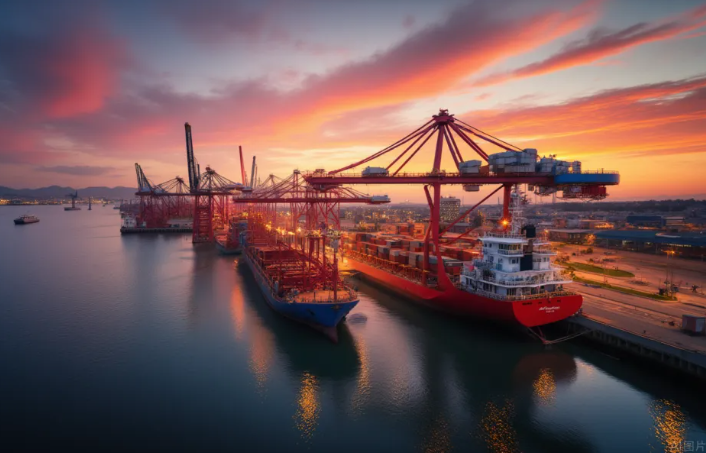On February 13, local time, US President Donald Trump announced that he had decided to impose "reciprocal tariffs", that is, let the United States and trading partners levy tariffs on each other, and said that he would consider imposing tariffs on countries that use the value-added tax system.
Trump said in a memorandum signed in the Oval Office that day, "In order to be fair, I have decided to impose reciprocal tariffs, which means that no matter how much other countries impose on the United States, we will impose the same tariff on them, no more, no less."
The goal of U.S. policy is to reduce its large and persistent merchandise trade deficit and address other unfair and unbalanced trade issues with foreign trading partners. The goal reflects U.S. concerns about its economic security and national interests, especially at a time when the global economy is increasingly interconnected and trade deficits are seen as a potential threat to the U.S. economy and job market. In order to achieve this goal, the administration plans to adopt reciprocal tariff measures. These measures will be based on trade measures adopted by countries with which the United States trades, including tariff levels, subsidy policies, exchange rate adjustments, and any practices that the United States considers unfair. The introduction of this reciprocal tariff policy aims to balance trade relations by increasing taxes on imported goods, while sending a strong demand for fair trade to foreign trading partners.
Although the memorandum does not specify the time for the imposition of reciprocal tariffs, the analysis believes that the Trump administration will not immediately start the imposition of tariffs, but start the development process of relevant tariffs. The comments from White House officials suggest that Trump wants to move quickly and wants the tariffs implemented in weeks rather than months. However, this rapid pace of progress may trigger strong reactions and concerns from international trading partners.
Trump's signature decision to impose 25 percent tariffs on all U.S. steel and aluminum imports, as well as claims that he will impose equivalent tariffs on chips, cars, pharmaceuticals and other products, has already provoked strong opposition from U.S. Allies such as Canada, Germany and Japan. These countries believe that the US tariff measures will undermine the multilateral trading system, hinder the development of the world economy, and cause the United States and its trading partners to suffer huge losses. In addition, such protectionist policies may also trigger the outbreak of a global trade war, further aggravating global economic uncertainty.
In the face of the protectionist policies of the United States, the multilateral trading system is facing unprecedented challenges. As one of the world's largest trading nations, China plays an important role in countering US protectionist policies. China should continue to adhere to the basic state policy of opening up and actively participate in global economic governance and the formulation of international trade rules. At the same time, China should also strengthen cooperation and coordination with other countries to jointly address the challenges and opportunities facing global trade.

Last
2.853 Million TEUs! Shenzhen Port Foreign Trade Container Throughput to Achieve a "Good Start"
Since 2025, Shenzhen Port has grasped the precious opportunity of the global economic and trade recovery and the recovery of the i

Next
French Customs Seized Five Containers Full of Smuggled Goods!
Recently, French customs officers seized the largest-ever shipment of contraband tobacco in New Caledonia, equivalent to a year's
